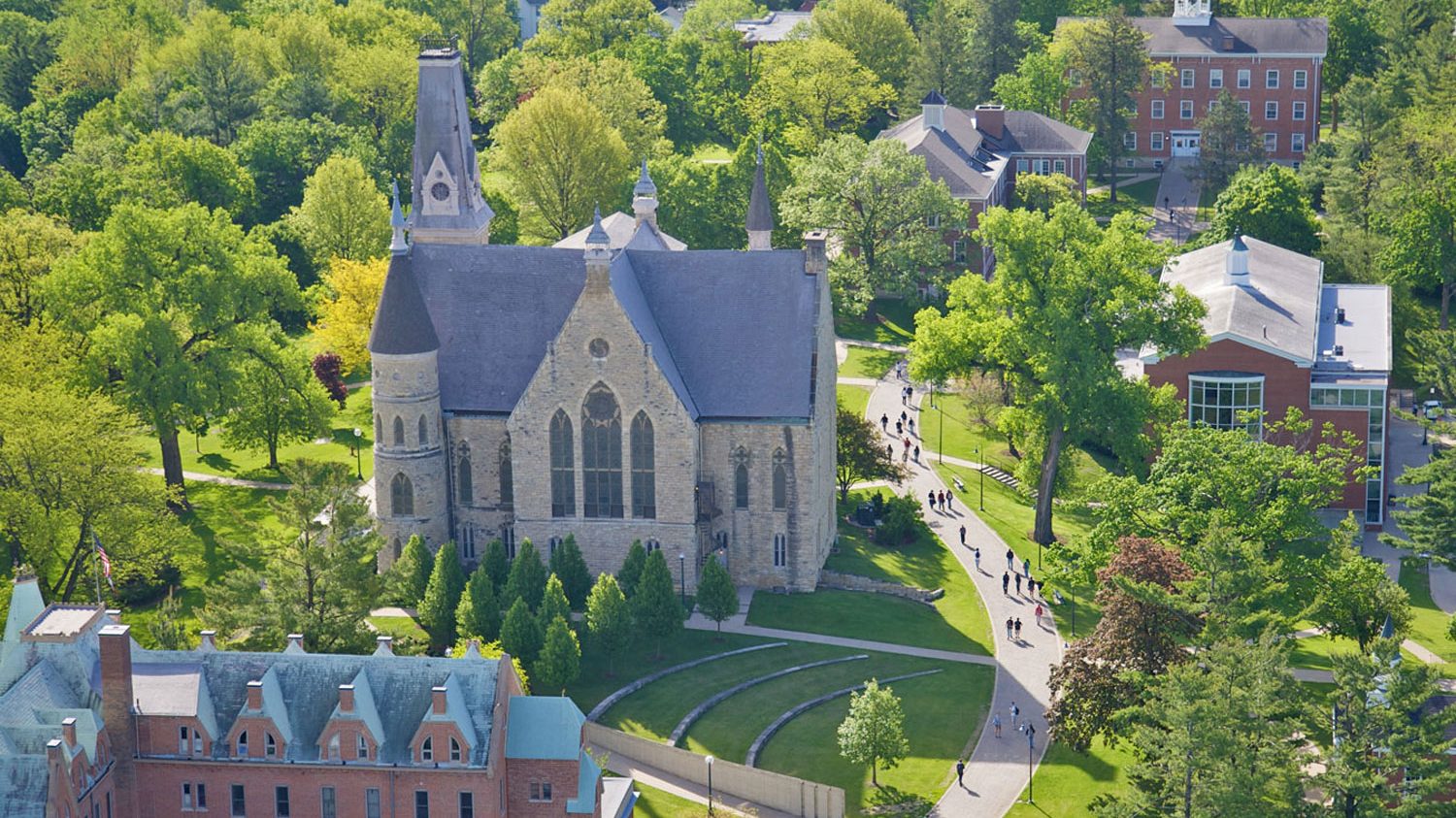College of the Week

Each week, Mrs. Nilsen will provide insight into unique college options for learners and families. The source is the Fiske Guide to Colleges 2019, an annual comprehensive catalog of diverse universities here in California and nationwide, Colleges That Change Lives, and 50 Colleges that Create Futures.
THIS WEEK: Cornell College
Click here for admissions info
Click here for tuition & financial aid info
Enrollment: 1,033
Acceptance Rate: 71%
DETAILS: Cornell College attracts the type of learner who seeks an intense yet flexible, self-designed program and a liberal, progressive atmosphere in which to solidify strict habits and routines. It suits those who aren’t satisfied with easy answers, don’t mind heading to the rural Midwest, and do want loads of personal attention while focusing on one class.
“If you want a normal college experience, don’t pick Cornell,” warns one learner, but “if you want to pour yourself into a class for three-and-a-half straight weeks and feel exhausted but accomplished,” Cornell may be just the right fit.
Aside from its distinctive schedule (shared by only one other school, Colorado College), Cornell has one of only two U.S. college or university campuses listed in its entirety on the National Register of Historic Places. The majestic bell tower of King Chapel offers an unparalleled view of the Cedar River Valley. A pedestrian mall runs through campus, and other campus facilities include suite-style residence halls for 96 upper-class learners. The school’s Cole Library is also the town of Mount Vernon’s public library, one of only two such libraries in the country. Cornell’s student center, Thomas Commons, recently underwent a complete interior renovation, including a redesigned dining hall, the Hilltop Café; a new entryway and grand foyer; an indoor-outdoor fireplace; new classrooms, meeting spaces, and study rooms; and a new glass-enclosed dining room with panoramic views of campus.
Current general education requirements include two humanities courses, one math, one science, one social science, and one fine arts, as well as at least 124 semester hours to graduate. Freshmen must take a first-year seminar and a writing-intensive course, and all learners complete a capstone project. Block scheduling makes it easier for some learners to graduate early; others use the flexibility to finish with a double major. A sophomore explains: “At Cornell, a semester’s worth of work is completed in a month. This makes for a fast-paced class that is normally composed of a couple papers, maybe some annotations, a midterm, a final, and a final project.”
A biology and Spanish double major adds, “Each class is pretty intense.” If that sounds intimidating, it can be. But administrators say it also improves the quality of Cornell’s liberal arts education by helping students acclimate to the business world, where “what needs to be done needs to be done quickly and done well.”
The One Course method also helps in academic advising — with grades every four weeks, signs of trouble are quickly apparent.

